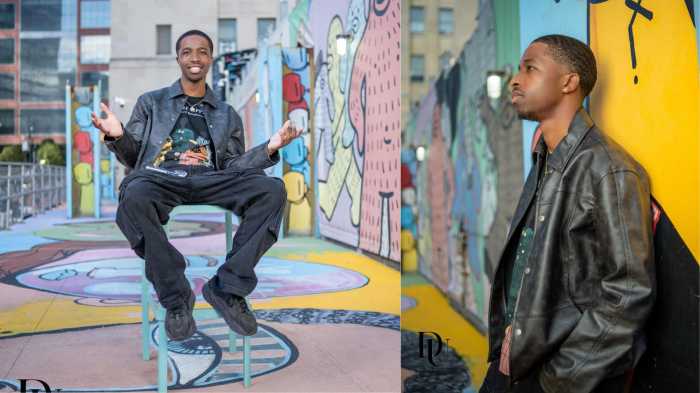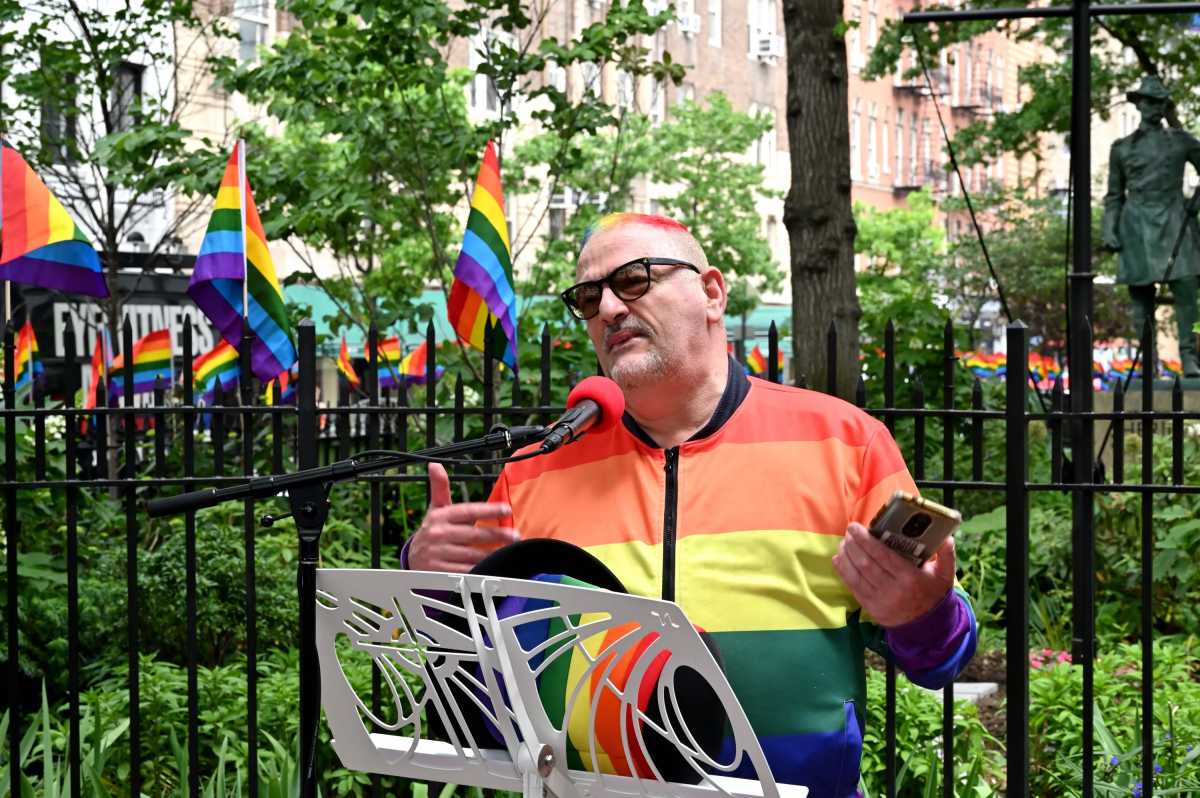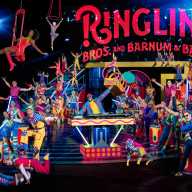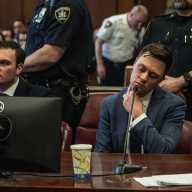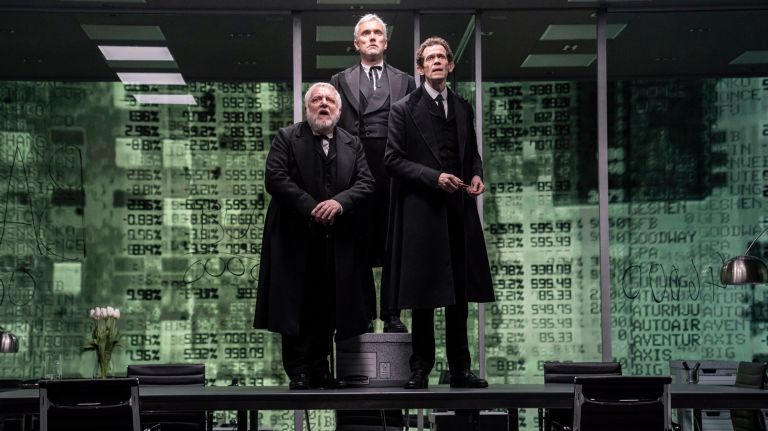
‘The Lehman Trilogy’ plays through April 20 at the Park Avenue Armory, 643 Park Ave., armoryonpark.org
Three and a half hours fly by pretty quickly in “The Lehman Trilogy,” an unlikely epic drama and an unlikely must-see attraction, which explores how Lehman Brothers evolved from a small cotton goods shop run by three German-Jewish immigrants in mid-19th century Montgomery, Alabama, into an elite international financial firm that flourished in the 20th century and then perished in 2008 amid the wreckage of the subprime mortgage crisis.
“The Lehman Trilogy” (authored by Stefano Massini) began its life several years ago in Paris. Following other European productions, it was translated into English by dramaturge Ben Power and presented at London’s National Theatre under the direction of Sam Mendes (whose production of “The Ferryman,” another English transfer, is currently on Broadway).
The cast is comprised almost entirely of Simon Russell Beale (one of the most prominent classical actors in the world), Adam Godley (Tony nominee for “Anything Goes”) and Ben Miles (Tony nominee for “Wolf Hall”).
The Mendes production — with the original principal cast and immersive, high-tech visual design — is playing a short, virtually sold out run at the massive and flexible Park Avenue Armory on the Upper East Side, which has become a hot spot for prestigious international productions with demanding physical needs looking to play New York over the past decade.
The play is told from a third-person viewpoint, with the three actors narrating to the audience (using poetic language and nonstop historical detail) and simultaneously portraying the three original Lehman brothers as well as their wives, children, grandchildren, customers and business successors.
Interestingly, very little time is spent on the firm’s final days before it declared bankruptcy besides using it as a framing device. Instead, “The Lehman Trilogy” is primarily interested in exploring issues of Jewish heritage, American identity, commercial ingenuity and internationalism, which turn up as recurring themes.
With the audience seated on risers, the play is presented on a black semicircular platform, upon which sits a revolving glass box resembling a contemporary corporate boardroom and curved surrounding walls containing filmed digital imagery, depicting the cotton fields of the South and the changing New York skyline.
One would not have expected a play such as this to succeed — but indeed it does thanks to Massini’s distinct viewpoint, Mendes’ precise direction (which makes the production feel both sweeping and intimate), panoramic visuals, and live piano music that reflects each mood swing. The play’s three leading men flexibly leapfrog between creating immense dramatic personas, making small comical cameos and speaking to the audience — sharp, versatile performances all round.
Practically speaking, a show such as this (an international engagement that will play for an exclusive audience for a very limited time) raises questions about whether and how it can be preserved so that more theatergoers can experience it beyond adding a few additional performances, such as a Broadway transfer or recording it. One wonders what the original Lehman brothers would have suggested.




